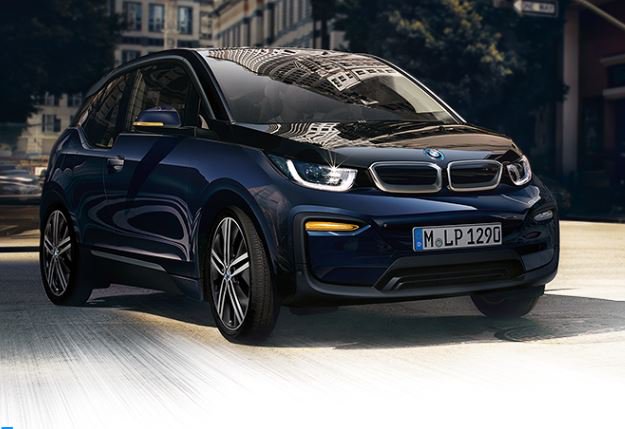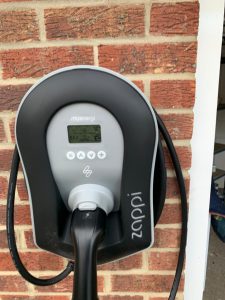Did you know? Transport is responsible for one quarter of all greenhouse gas emissions in the EU, and road transport makes up 70% of that amount. These emissions primarily come from petrol and diesel cars.
To cut emissions, last year, the European Union adopted a law to make all new cars and vans sold in Europe zero-emission from 2035.
Already in 2023, battery electric vehicles (BEVs) were the most popular alternative to petrol and diesel cars, representing more than 14.6% of all new cars sold in the EU. Plug-in hybrid electric cars represented another 7.7%. So, over 1 in 5 new cars sold in Europe can now be charged electrically.
Here are the 5 top things you should know about battery electric vehicles (BEVs):
- Battery electric cars have a lower environmental footprint than conventional cars
a. They don’t have exhaust pipes and don’t emit gases when running, which is better both for the climate and air quality.
b. They are more energy efficient because they consume less than one third of the energy consumed per km by equivalent conventional cars. This is because combustion engines waste a significant part of their energy through heat loss. Electric motors in BEVs have efficiency values above 90%, whereas combustion engines in similar sized vehicles rarely exceed 40%.
Read more: climate.ec
We are MCS Certified Solar Panel Installers. See more information on Solar Panels.
Click for more information on Battery Storage.
For more information on Solar Panels and Battery Systems contact Tanjent Energy.






